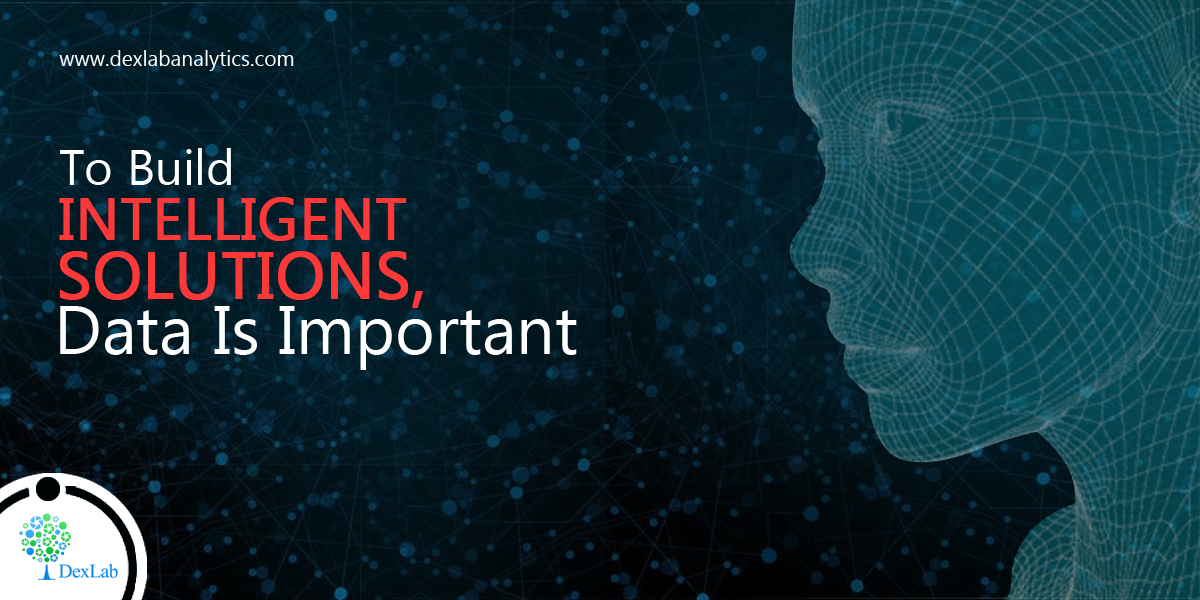Data is the most influential strategic asset for companies in a data-powered economy. Data is used to measure the ability of a business to perform notable tasks and operations, and draw significant insights through complex machine learning algorithms.
Gaining access to data is not a problem; but the real issue lies in having the right kind of data that helps companies remain on edge. A large number of them don’t even realize they are supplied with chunks and chunks of bad data, punched with wrong formatting, plenty of duplicates, having missing fields or irrelevant information.
Product is the king
The hunt for reliable data starts with the product itself. To cling to good data, companies must design products that offer the right incentive for the consumers to share their data. Better product usage and user experience will boost users to contribute their valuable data for a greater cause.
The user-in-the-loop model is the best approach, in which the users need to share their data in order to use the features of your product. This is how Google and Facebook works, and gets hold of tons of data in smart exchange for their services.
Hit the right type of data
For an instance, you want to build a robot that will automatically place books right on the shelves. The system is loaded with enough data about book contents, names of the author and years in which the books were published. But, this data is just not enough to arrange the books automatically, based on their size and weight. The data can be used to find the right shelf for the book but cannot do the entire task.
Now, this is where a brand new set of data comes into the picture and the old data is discarded off. This shows why you should always ask yourself whether you have the right kind of data to tackle the challenges.
Take a note of the limitations
Often, companies suffer from a wrong notion that all expert data consultants can weave a spell with their magical wand of data that will solve all data-related challenges. But this is not always the case. Going back to the above library example, the prowess to automatically determine the size and weight of physical objects would call for a different set of skills and expertise. For that, systems need to be built from the beginning that are capable of ensuring that the books can be measured and assessed to put up in the shelves. This sort of resource planning should be right from the beginning, because that helps.
Optimize utilization of resources
AI performs best when it receives input from its team of engineers who are specialists in this subject matter. With little doubts, any development of an intelligent solution needs expert guidance, both human and of machine, and to interpret existing data structures, suave data scientists are required.
Manage data and stay happy
Efficient data warehousing strategy is the key to happiness. Once your business starts generating large volumes of data, it becomes extremely difficult to manage data and you land yourself in a data mess. Opt for smooth data collection, filtering and wrangling and follow them at each and every step of data acquisition process.
Proper data leveraging guarantees AI platform improvement, while encouraging customers to share more good data. As a result, this will develop a self-sustaining system of data generation that will drive your company towards data-driven success.
Before making companies data-driven, it’s time to make yourself data-ready with a comprehensive Data Science Online training in Delhi. DexLab Analytics offers excellent Online Courses in data science at pretty affordable rates.
Interested in a career in Data Analyst?
To learn more about Machine Learning Using Python and Spark – click here.
To learn more about Data Analyst with Advanced excel course – click here.
To learn more about Data Analyst with SAS Course – click here.
To learn more about Data Analyst with R Course – click here.
To learn more about Big Data Course – click here.



Comments are closed here.